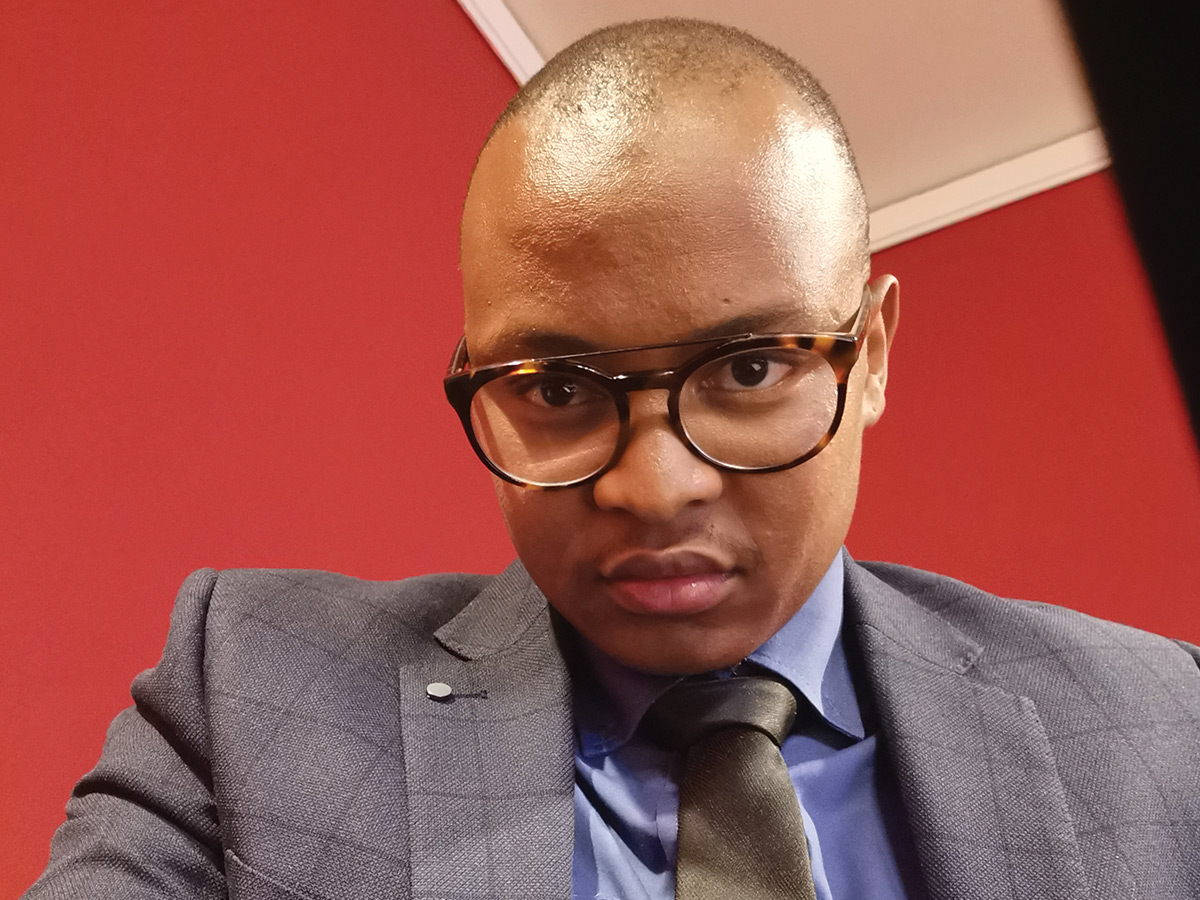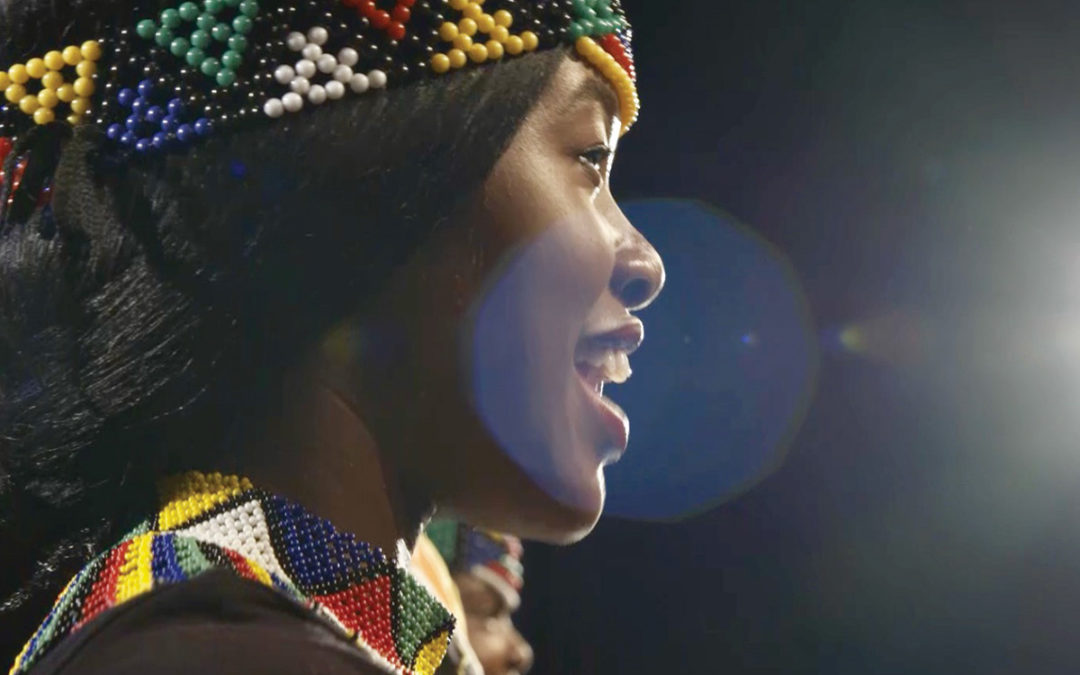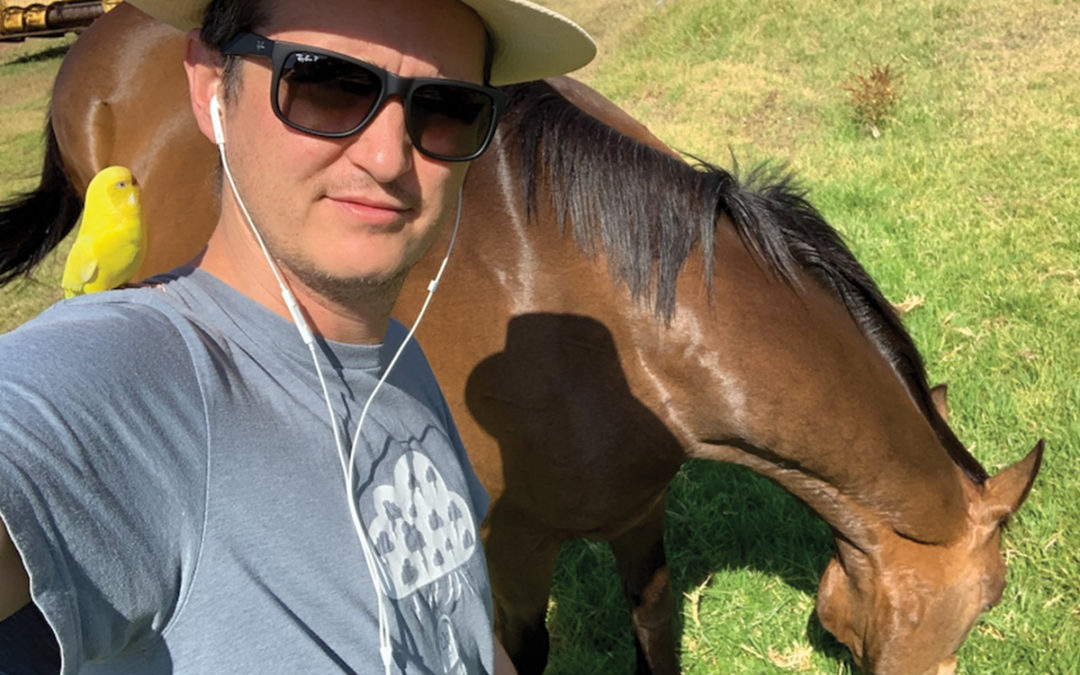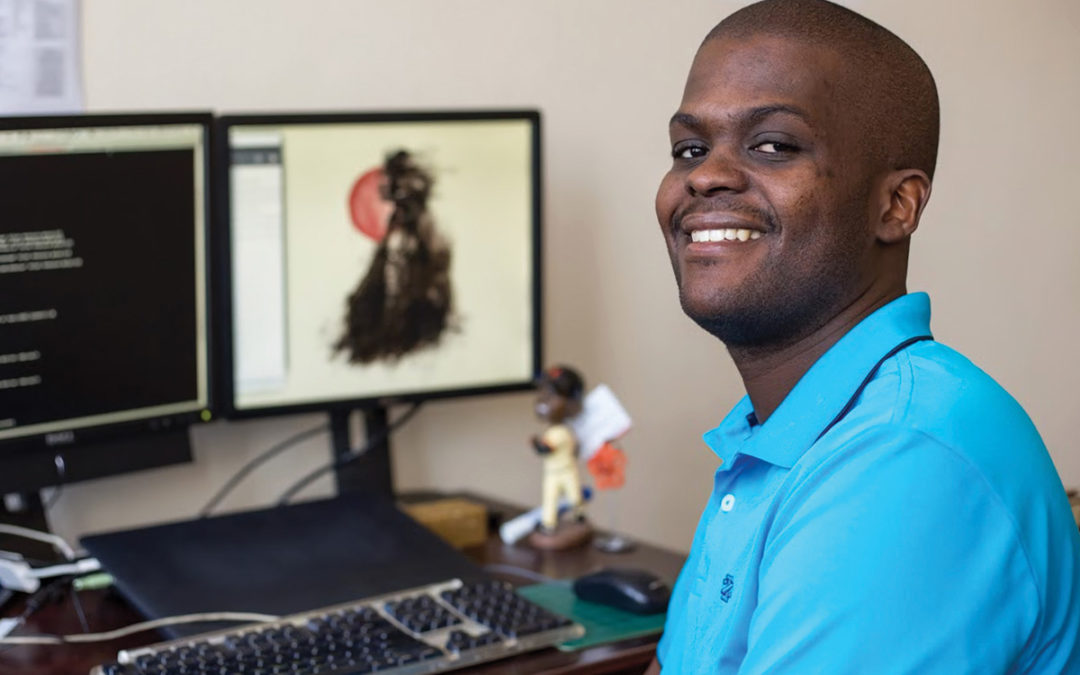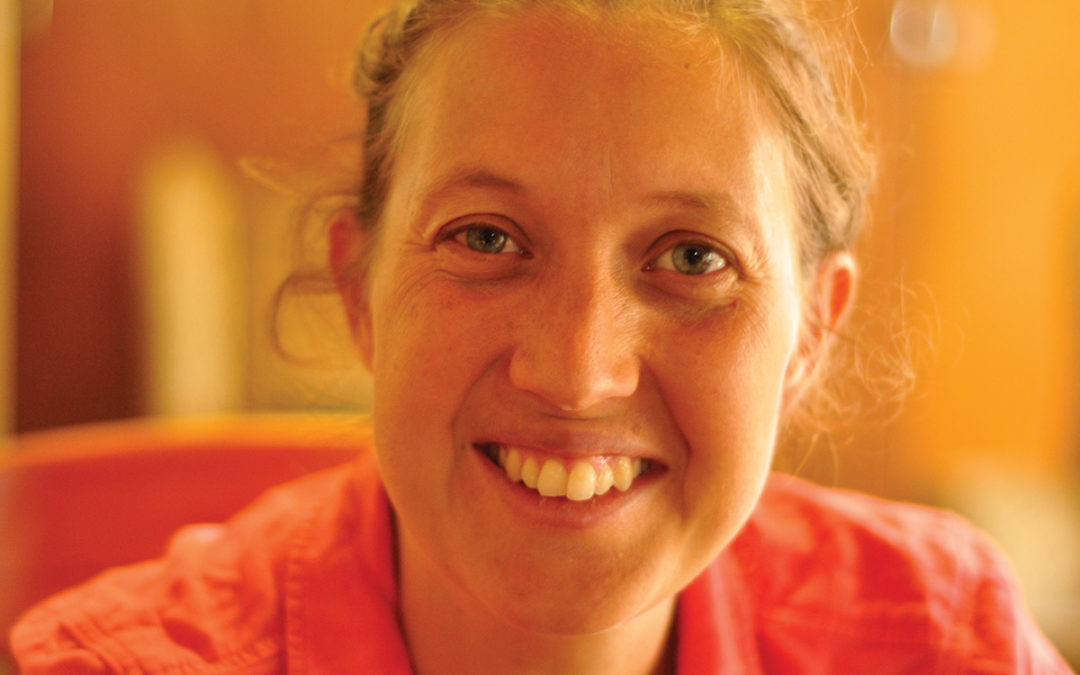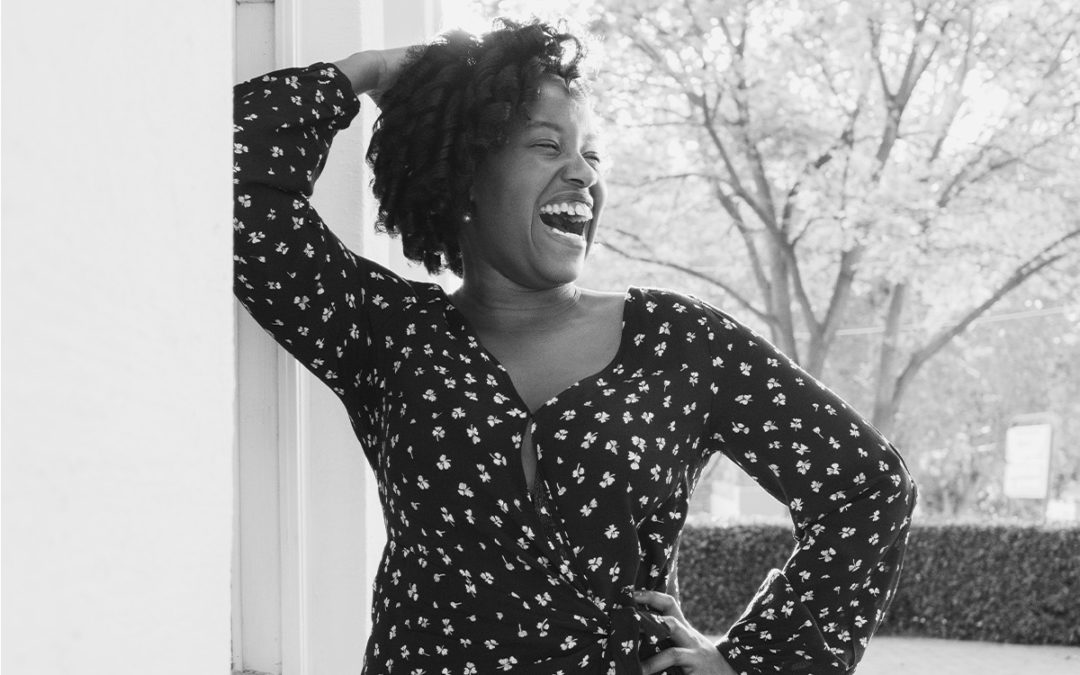Edwin Leballo is the founder of the Professional Association of Clinical Associates of South Africa (PACASA), a formal representative body for members of this relatively new and incredibly important profession. Clinical associates are a uniquely South African facet of the healthcare industry; mid-level medical professionals who support physicians in assessing patients, prescribing treatments, and even performing minor surgeries. When Edwin created the association in 2012, he aimed to build something that could support clinical associates as well as the communities they serve. This foundation and the organisational structures put in place would help many but would serve an ever greater purpose yet.
As Covid-19 arrived on South African shores, countless citizens were afraid and unsure of what the future held, Edwin included. “Like many others, Covid-19 caught us unprepared and I had to work hard to prepare myself, mentally and physically, to stay focused and ready for the unknown.,” he says.
“My role had to change and I now had to assist in mobilising and recruiting more Clinical Associates for institutions and areas in need of health care workers. I also had to avail myself for clinical associates who were starting to be affected and infected by COVID-19.”
Edwin found his responsibilities within PACASA rapidly altered, and he had to adopt a new outlook in order to best support his fellow clinical associates. “My role as the deputy chair changed into being a counsellor, motivational speaker, inspirer, recruiter, an advocate and a team builder for my fellow colleagues and their families,” he says. “I had to address many issues to keep us motivated, effective, helpful, safe and impactful at all times.”
Throughout this process, Edwin discovered that both medical professionals and their patients were under psychological duress as a result of this pandemic. People that he encounters in the course of day-to-day consultations, even those who haven’t contracted the virus, are increasingly anxious about their health and Edwin explains the ways in which this affects them negatively: “[They] don’t want to go back to work because they think they might contract the virus and bring it home to their family and loved ones. People are worried about losing their jobs, about their children falling behind with school work and their future plans, such as getting married or their child being born, being disrupted by COVID-19.” These myriad concerns are only amplified in isolation until they become so pent up they burst forth in the form of breakdowns or worse.
Edwin saw the toll this pandemic had taken on the collective psyche of the population and took it upon himself to push for counselling and mental health to be a part of the conversation occurring between government and medical institutions in regards to COVID-19. Internally, this meant PACASA hosting its own discussions, with clinical associates gathering on social media to discuss and decompress, allowing them to share experiences and insights with each other. Externally, this meant broaching the topic with the patients that clinical associates treat, as well as advocating for the cause using PACASA as a platform.
He admits there are stigmas stopping counselling from reaching more South Africans but hopes to reintroduce the concept and role of counselling to them in these trying times, hopefully changing views in the process. However, the first step remains the same, offering care to those in need. “Services need to be taken to be people,” he says. “Counselling is a very important tool in resolving many social ills that our country is struggling with. Counselling is interactive with many institutions such as social development, police, housing and even judiciary, if used appropriately we will see its true value and outcome.”
